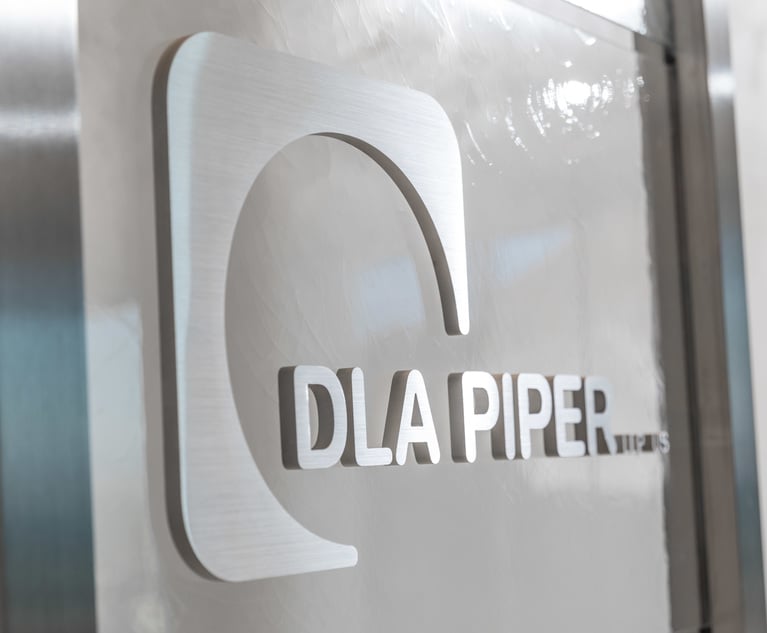‘Reflective practice’ and ‘reflective learning’ are expressions well known in professions such as teaching or nursing but, at least until recently, little explored in the legal field. This position is changing, however. With reflective learning increasingly being used in schools and law degrees, we will begin to meet trainees and young lawyers to whom some form of ‘reflection’ may be a way of life and something which they expect to use in their professional development.
The expression ‘the reflective practitioner’ comes from a 1983 publication by an American academic, Donald Schoen, The Reflective Practitioner: How Professionals Think in Action, which used theories based on those of the philosopher John Dewey. Schoen’s concern was that what he called “technical rationality” – the rigorous application of scientific and quasi-scientific rules to the solution of problems encountered by the professional – was threatening and weakening the concept of professionalism in a time of great change and increased public cynicism. This, he suggested, could be resolved by the adoption of “professional artistry” through reflection and its application to the solution of those ‘messy’ or unexpected problems that do not precisely fit our mental precedents.







